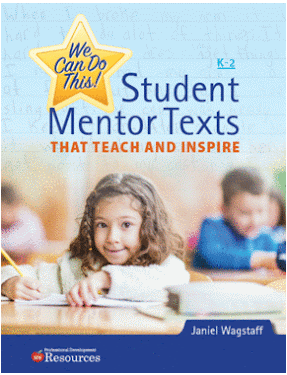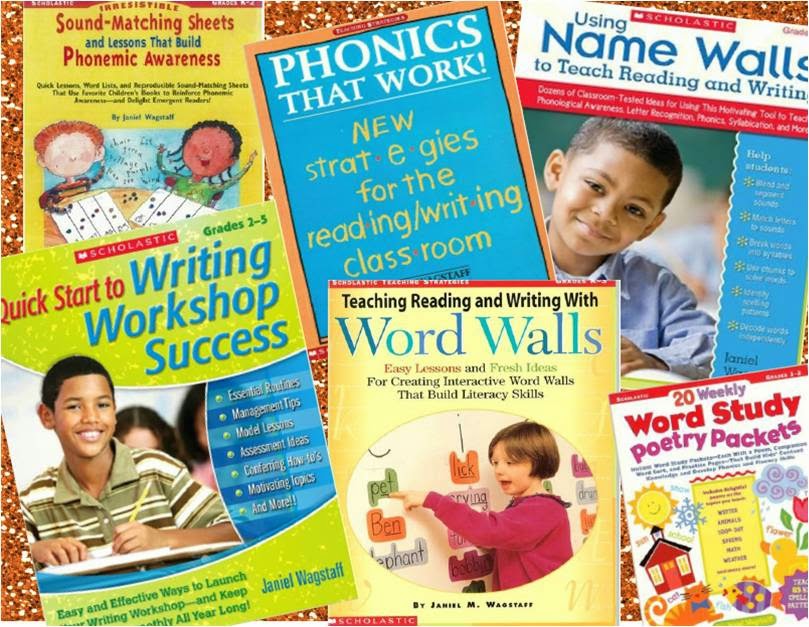

Books everywhere! Books spread across tables and in boxes along the floor. Books that you can choose. For free. To keep. It’s a FREE-CHOICE Book Bonanza! Happy summer reading!
Here’s the most important way I can end the school year. I’m a K-6 literacy coach in a Title I school. A large portion of our students don’t have many books to read in their homes. For years now, I’ve taken on the challenge of offering free books for summer reading to as many students as I can. I figure it’s the least I can do considering the research on the summer slide (Allington, R. L., & McGill-Franzen, A. (2013). Summer reading: Closing the rich/poor reading achievement gap. New York: Teachers College Press.)* and the fact we’ve worked so hard all year to build these kids up. Why let them go out the door and fall back behind?
One of my best ideas for acquiring books for our readers is to do book drives with higher SES schools in our area. I choose one school each year. I talk with the principal and compose a letter the school then sends home to their families asking for book donations (used books, in good condition, that their children no longer read, appropriate for grades K-6). The books are collected in their front office and I pick them up. As school nears its end, I set up tables in our gym or library to display books--like a book fair. Our highest needs students are invited in to pick several books first, then we open it up to any student who’d like to come in and indulge! One year we even had donated book bags for the event. So many happy readers left absolutely beaming, weighed down by packs full of books and magazines—for themselves, for younger brothers and sisters. One might think, “Yeah, but do they actually read them?” Well, chances are they’ll get bored sitting home during the summer. And, chances are, if there are books lying around, they’ll pick them up. I like those chances. According to Allington’s research, if students read just fifteen self-selected books over the summer weeks, they won’t be affected by the summer slide. Plus, I like to imagine our friends, curled up, reading for fun, not because they’re bored or because they’re worried about losing their skills, but because they really do love to read. <3
Best to you and your readers! Happy summer reading to us all! -Janiel
*One factor Allington found significant was allowing children to PICK the books rather than choosing them for them, trying to match them to their levels, or giving everyone a set that was purchased for that purpose.
If you enjoyed this bright idea, please consider joining me on Facebook, Teachers Pay Teachers, or my blog "Literacy Matters" for more great ideas.
For more bright ideas from other bloggers, please browse through the link-up below and choose a topic/grade level that interests you. Thanks for visiting!

We’ve been in the throes of ‘rigorous’ testing for weeks now. I’ve watched children try to read passages on numerous topics well-beyond the realm of their possible background knowledge, some with topics that seem to have been unearthed from ‘the most-disengaging-passages-ever’ tombs of old.* After stumbling through the reading of (some) seemingly endless passages, students are asked questions (again, some) that have adults with master’s degrees scratching their heads. All along I think, why? What is this doing to quantify students’ competence as readers, writers, thinkers, speakers and listeners (as if these competencies can ever truly be quantified)? As the scores roll in, we’re not surprised to see stats like 35% proficient for the third grade. Not surprised at all. Yet, we have taught like our "hair’s on fire" this year and, actually, for many years. The results of these tests don’t scratch the surface in terms of our students’ capabilities or their growth. It would help if the passages were more engaging and of a reasonable length, and that the questions asked were: a. discernible and b. appropriate for eight year olds and up. Honestly, looking at some sixth grade questions, I was taken back to the days of my college advanced English classes. I get ‘rigor,’ but much of this is just stupidity.
It makes me sad to think some of our kids walk away from these tests thinking, “I’m sure not good enough. I didn’t understand much of that.” Well, no, actually, kids, “You are good enough. These tests are not. And, we don’t understand that.”
In our drive to advance our students’ status across the world, collect data to prove that status, get to the “top of the race,” and involve our children in ‘rigorous education,’ we’ve lost our common-sense. Yes, we need high standards, but do sixth graders really need to understand omniscient point-of-view and be able to find the exact line(s) from two passages with a total of twenty paragraphs wherein the author shows the reader evidence of this perspective? (How many texts from the 20th century and beyond are actually written from this perspective, anyway?) Should third graders be able to dissect and analyze a text to the point of identifying the purpose of paragraph 3 (out of say, 8 paragraphs) and how it contributes to the overall structure of the piece? Are these items really relevant?
I’m all for looking closely at texts, but looking closely at elements that are appropriate and relevant for the grade level. I’m more for making sure all our readers are proficient, can engage with text in meaningful ways, love to read, write, speak, listen and think deeply about the meaning of what they’re reading, and who choose to read and write outside of school and for far more than school-ish purposes.
To borrow a line from one of our first grader’s recent opinion pieces, “Who’s with me?” (He’s pictured below.) Let’s do more reading and writing for real purposes with engaging texts and spend less time preparing for these types of tests. There’s a lot more at stake here than ‘racing to the top’ of somebody’s educational agenda. Who do we want our students to be as readers, writers and thinkers? What do we want them to be able to do as readers, writers and thinkers? Pick out text evidence for omniscient point-of-view?
*I’d be happy to share examples, but as you probably know, we are all forbidden to do so. Or, to talk much of any of it. In fact, after you read this blog post, you must eat it to dispose of the evidence.
 |
| I'm with him! |
Back to Top
















